The Irish farm sector will reach a point of net zero emissions, according to Professor John Gilliland, the director of global agriculture and sustainability at Devenish.
On how this might be achieved, he described how improving animal health and fertility reduces emissions.
Prof Gilliand outlined how healthy, high-performing animals produce the same level of emissions as lower-performing and unwell animals, but have a lesser carbon footprint per unit of output.
The agricultural emissions expert said scientific advancements which improve animal health and performance while also reducing emissions are a “win-win” for farmers and ultimately, deliver greater farm profitability.
Prof Gilliland was speaking at the MSD Animal Health “One Health and Sustainability” conference on Thursday last, which involved discussion on the connection between animal health and environmental improvements with industry stakeholders.
Dr Jonathan Graham, chair of the Animal Health and Welfare Board of England (AHWBE), told the conference there is no significant methane emissions difference between the top 5% EBI cows in the national dairy herd and the average EBI, which suggests that the sector is overestimating methane emissions by some 18%.
BVD eradication
During his contribution, Animal Health Ireland (AHI) CEO Dr David Graham said there is an economic and emissions reduction benefit to Ireland’s BVD eradication programme, something which MSD general manager Fergal Morris also highlighted.
Dr Graham said that the control of BVD is “down to the last few hundred herds”, adding that the progress to-date will return some €90m to farmers this year alone and that having healthier and higher performing cattle will deliver an emissions benefit.
He said “some of the opportunity is gone” for quantifying this benefit, but highlighted that capturing and centralising this data is essential.
Farmers and vets also discussed the importance of vaccine use and system monitoring technology to protect and maintain animal health on farms.




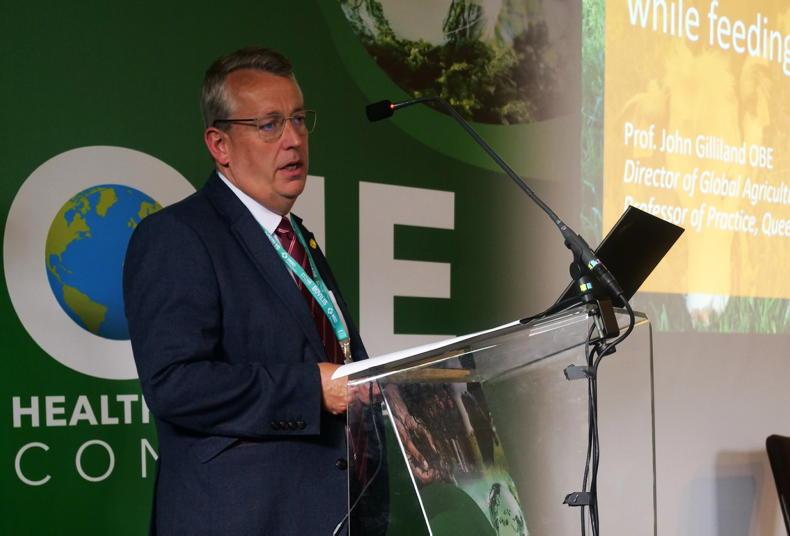
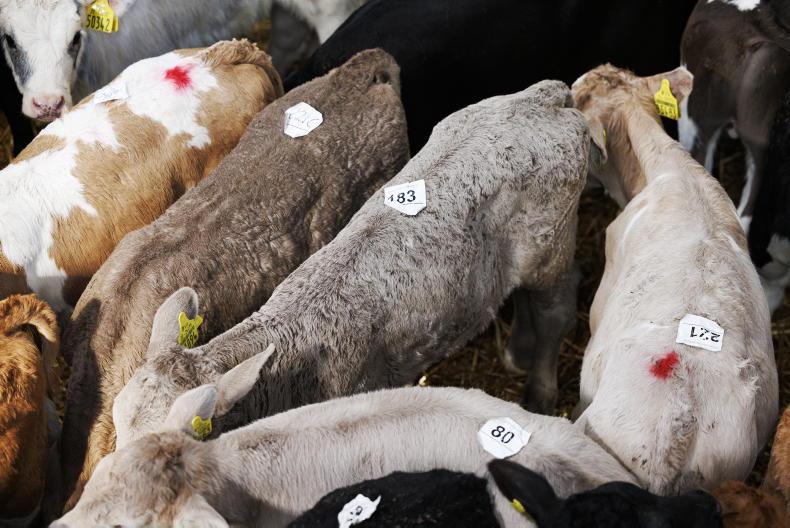
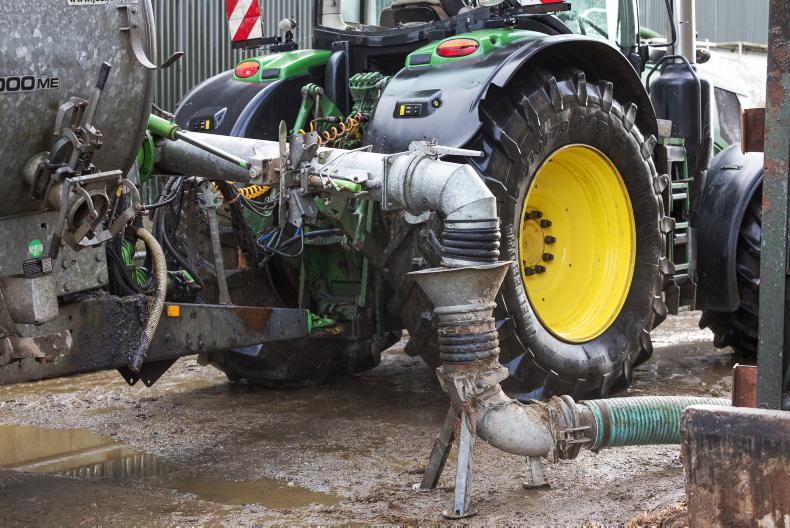
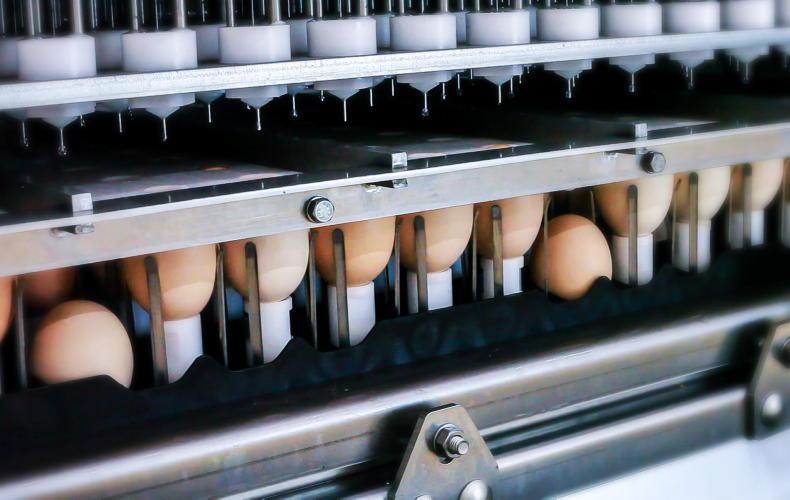
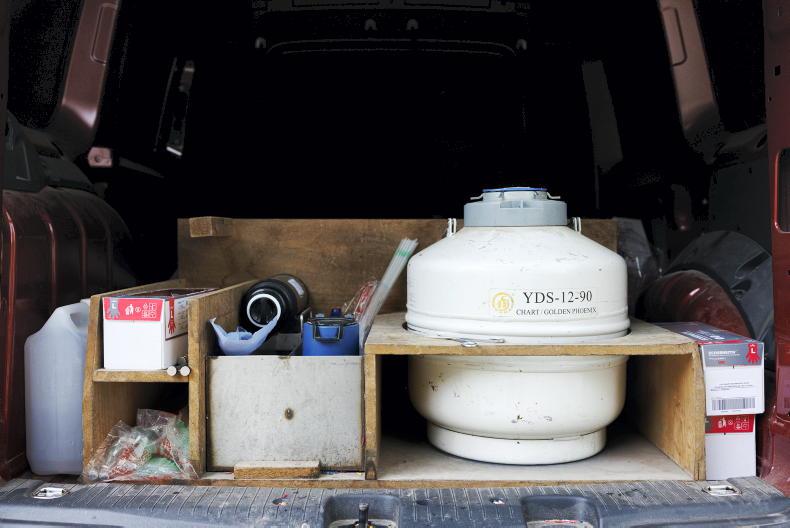
SHARING OPTIONS